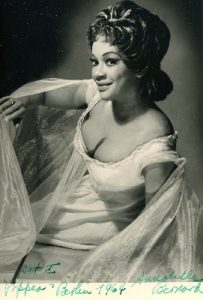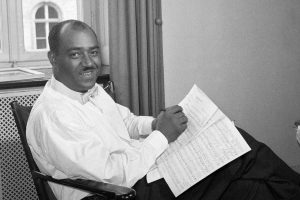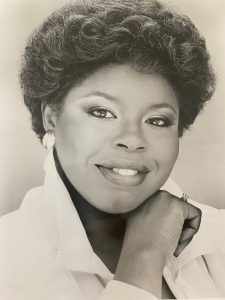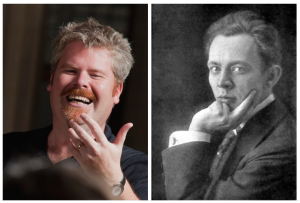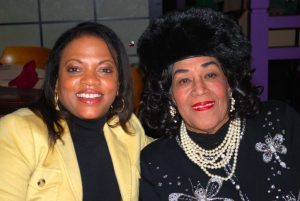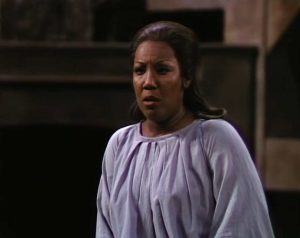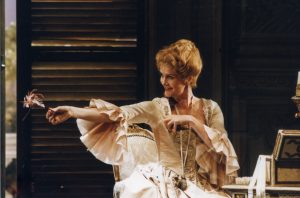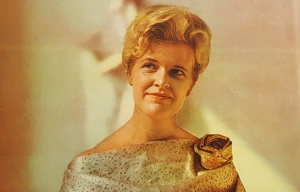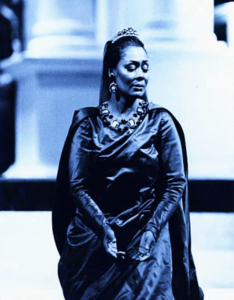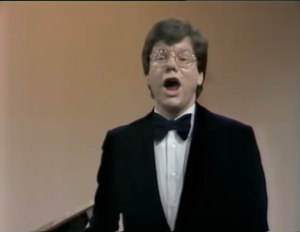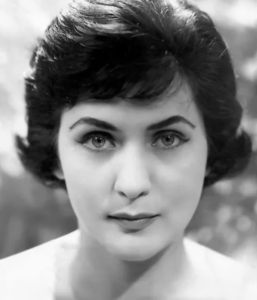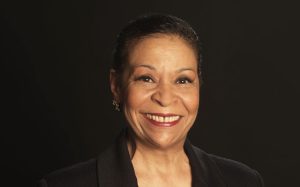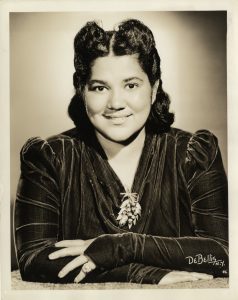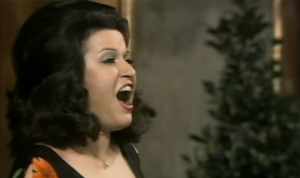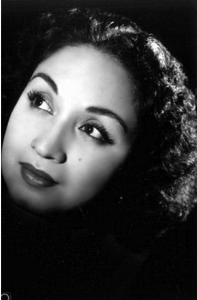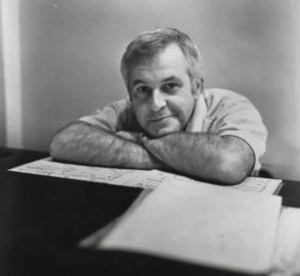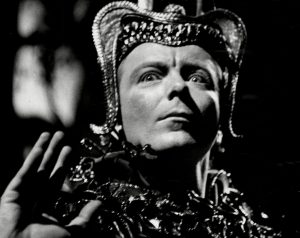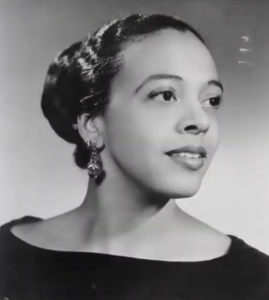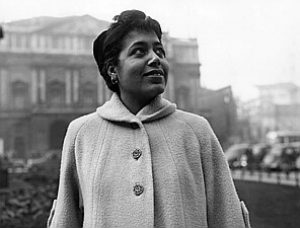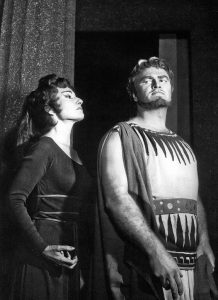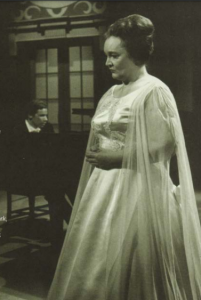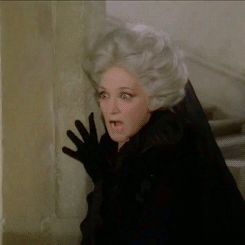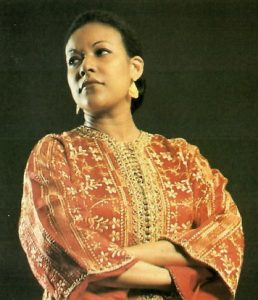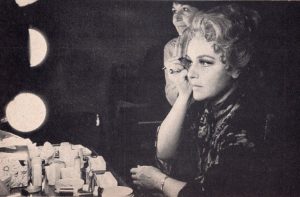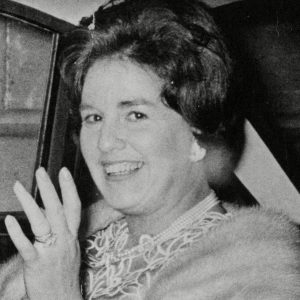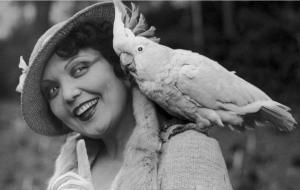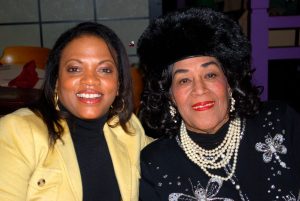Podcast: Play in new window | Download (Duration: 1:53:07 — 131.8MB) | Embed
Subscribe: Spotify | TuneIn | RSS | More
It’s been a whirlwind of a week chez Gundlach and I find myself at the end of it without a new episode ready to post. In addition to that, we are already halfway through Pride Month and I realized this morning that I had no new queer material up my sleeve. So I’ll tell you what I’m gonna do: I am going to get to work on a brand new episode which will post sometime early next week. But in the meantime, I’m going to do my own Listener’s Favorite episode, one which I posted during the very first season of Countermelody, a wondrous compilation entitled “Sisters in Sappho.” It features not only two of my favorite mezzos of all time (Tatiana Troyanos and Brigitte Fassbaender – both of whom happen to have been lesbians); but also a sampling of the key figures in the Women’s Music Movement of the 1970s, including Meg Christian, Cris Williamson, Margie Adam, Holly Near, and Deidre McCalla. In celebrating these pop icons, I also pay tribute to those who, in turn, paved the way for them, including icons Janis Ian, Dusty Springfield, and Ronnie Gilbert, as well as tipping my hat to two of the queer Black singers (Toshi Reagon, Meshell Ndegeocello), that followed in the wake of these women. We all owe an enormous debt of gratitude to these extraordinary artists, who paved the way for us, their musical and artistic descendants, at the same time setting standards that will stand the test of time. Vocal guest stars include Janet Baker, Ileana Cotrubas, Cecilia Gasdia, Nicolai Gedda, Margaret Price, Gundula Janowitz, Arleen Augér, and Reri Grist.
Countermelody is a podcast devoted to the glory and the power of the human voice raised in song. Singer and vocal aficionado Daniel Gundlach explores great singers of the past and present focusing in particular on those who are less well-remembered today than they should be. Daniel’s lifetime in music as a professional countertenor, pianist, vocal coach, voice teacher, and journalist yields an exciting array of anecdotes, impressions, and “inside stories.” At Countermelody’s core is the celebration of great singers of all stripes, their instruments, and the connection they make to the words they sing. By clicking on the following link (https://linktr.ee/CountermelodyPodcast) you can find the dedicated Countermelody website which contains additional content including artist photos and episode setlists. The link will also take you to Countermelody’s Patreon page, where you can pledge your monthly support at whatever level you can afford.

